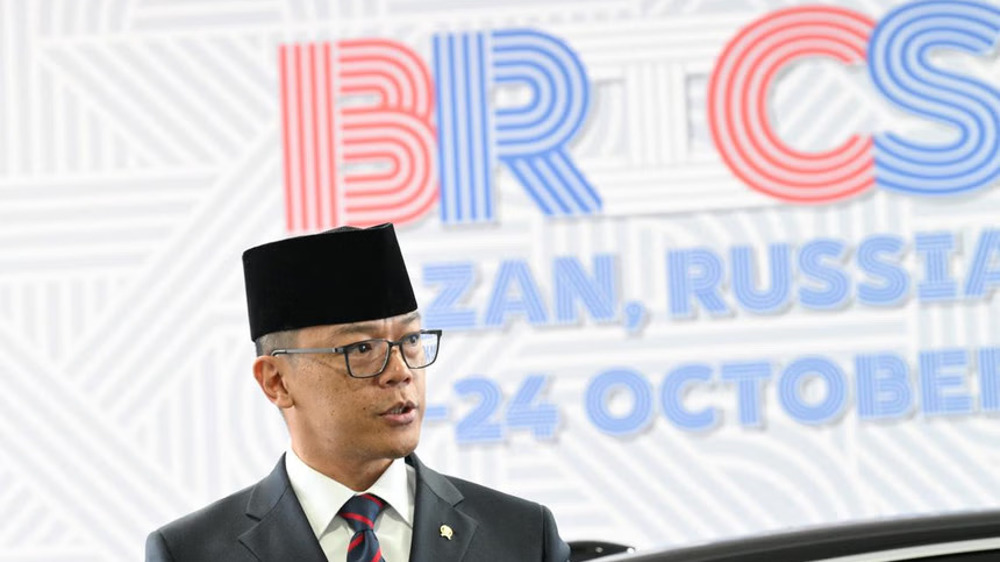Japan govt. approves emperor’s abdication bill
The Japanese government on Friday approved a one-off bill allowing ageing Emperor Akihito to step down from the Chrysanthemum Throne, in the first such abdication in two centuries.
The bill will now be sent to parliament for debate and likely receive swift final approval, Chief Cabinet Secretary Yoshihide Suga said after Prime Minister Shinzo Abe’s cabinet signed off on the legislation.
Abdication must take place within three years of the bill becoming law.
Earlier this year, reports suggested that 83-year-old Akihito could step down at the end of December 2018 and be replaced by Crown Prince Naruhito on January 1, 2019.
Reports of his desire to retire surprised Japan when they emerged last July.
In August, he publicly cited age and declining health, which was interpreted as his wish to hand the crown to his eldest son.
But current Japanese law has no provision for abdication, thus requiring politicians to craft legislation to make it possible.
The status of the emperor is highly sensitive in Japan given its 20th century history of war waged in the name of Akihito's father Hirohito, who died in 1989.

Revered as a demigod before and during the conflict, Hirohito was reduced to a mere figurehead as part of postwar reforms.
Akihito has won plaudits for seizing upon the constitutionally-prescribed role of national symbol and there is wide sympathy for his wish to retire.
While a majority of the Japanese public supports a permanent law on abdication, they have also expressed support for the current bill for the sake of realizing Akihito's smooth transition from the throne.
While abdications are far from unknown in Japanese history, the last one was in 1817.
The leading opposition Democratic Party has argued the law should be permanently changed to ensure stable future successions, but is reportedly on side with the current one-off bill after talks with the ruling bloc.
(Source: AFP)
VIDEO | California Wildfires Leave Residents Struggling with Insurance Gaps and Housing Shortages
Leader: Palestinian patience, resistance forced Israel to back down
VIDEO | South African, Palestinian youths use sport to boost resistance
Iran welcomes Gaza truce, urges prosecution of Israeli authorities for genocide
VIDEO | Israeli airstrike on Jenin kills 6 Palestinians, injures others
VIDEO | Canada after Trudeau
IRGC: Gaza truce ‘irreparable defeat’ for Israel, great victory for Palestinians
Iran, Tajikistan presidents oversee signing of 23 MoUs to boost ties












 This makes it easy to access the Press TV website
This makes it easy to access the Press TV website